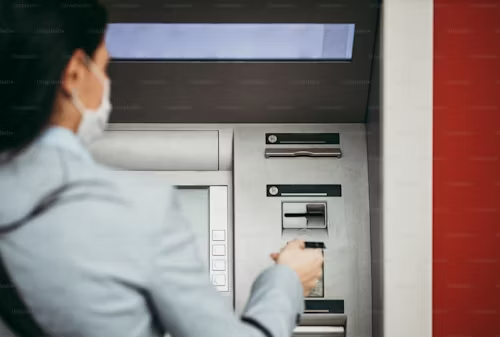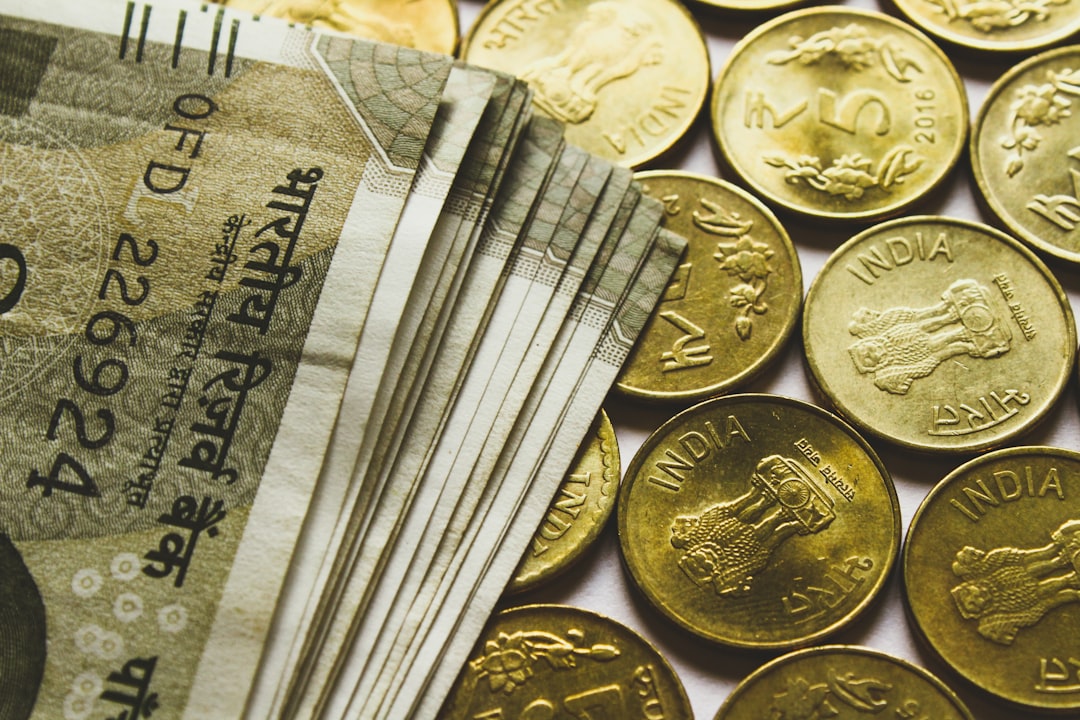When it comes to securing your hard-earned money and earning guaranteed returns, FDs are one of the safest investment options. However, with numerous banks and financial institutions offering FDs, choosing the best bank for FD can take time and effort. To make an informed decision, consider various factors such as interest rates, tenure options, minimum deposit amount, and additional features. In this article, we’ll guide you through the process of selecting the best bank for your FD investment.
Get high ROI with 8.8% on Fixed Deposits. Invest today
What makes FDs unique?
Fixed deposits are a low-risk investment instrument that offers guaranteed returns over a fixed tenure. Unlike other investments, FDs provide stability and assurance, making them an ideal choice for risk-averse investors. When you invest in an FD, you deposit a lump sum for a specific period. Furthermore, the bank pays you a predetermined interest rate. This makes FDs a reliable option for financial planning and achieving your short-term and long-term goals.
Factors to Consider When Choosing the Best Bank for FD
When selecting the best bank for fixed deposit, several important factors can significantly impact your returns. Here are the key considerations to keep in mind:
Interest Rates
The most crucial factor to consider when choosing the best bank for your fixed deposit is the interest rate offered. Different banks and Non-Banking Financial Companies (NBFCs) offer varying interest rates. As of 2024, IDFC Bank offers up to 7.75% interest. Meanwhile, HDFC Bank and Kotak Mahindra Bank offer up to 7.40%. It’s essential to compare the interest rates across different financial institutions. You might wonder which bank has the highest interest rate for fixed deposits. It will ensure you get the best returns on your investment. You can use an interest calculator to estimate your FD returns based on the interest rate and tenure.
Now, the question is, which bank gives highest interest rate on FD? Consider exploring smaller finance banks and NBFCs. They often offer competitive rates compared to traditional banks.
Tenure Options
Banks offer flexible tenure options for fixed deposits, ranging from a few months to several years. The interest rate can vary based on the tenure you choose. Generally, longer tenures attract higher interest rates. For example, a 5-year FD might offer a higher interest rate compared to a 1-year FD. Consider your financial goals and liquidity requirements when selecting the tenure for your fixed deposit.
Minimum Deposit Amount
The minimum deposit amount for opening an FD varies across banks and NBFCs. It typically ranges from ₹1,000 to ₹25,000. Some banks may offer higher interest rates for larger deposit amounts. Choose a bank that aligns with your investment capacity and offers competitive interest rates for your desired deposit amount.
Senior Citizen Benefits
If you’re a senior citizen, you can enjoy additional benefits on your fixed deposits. Most banks offer higher interest rates to senior citizens, typically an extra 0.25% to 0.50% above the regular rates. For instance, HDFC Bank offers an additional 0.50% interest for senior citizens. Make sure to check the senior citizen benefits offered by different banks before making your decision.
Interest Payout Options
Banks provide various interest payout options for fixed deposits. You can choose to receive the interest periodically (monthly, quarterly, half-yearly, or yearly) or at maturity. If you opt for periodic payouts, the interest is credited to your linked savings account. For tenures greater than 6 months, you can also choose to reinvest the interest. It means the interest earned is added back to your FD principal, allowing you to earn interest on interest. This is known as the cumulative option.
Taxation
Interest earned from fixed deposits is taxable as per your income tax slab. If the interest earned exceeds ₹5,000 per annum, the bank will deduct Tax Deducted at Source (TDS). Suppose your total income is below the taxable limit. Then, submit Form 15G (for individuals below 60 years) or Form 15H (for senior citizens) to avoid TDS deduction. It’s crucial to factor in the tax implications when calculating your net returns from fixed deposits.
Loan Against FD
Some banks offer the ability to avail of a loan against your fixed deposit. This can be helpful in case of financial emergencies or if you need funds without breaking your FD. Banks typically offer up to 90% of the FD amount as a loan. It can have a lower interest rate compared to personal loans. Check if the bank you’re considering provides a loan against the FD facility. Afterwards, understand the terms and conditions before opting for it.
Premature Withdrawal and Penalties
While fixed deposits are meant to be held until maturity, banks do allow premature withdrawal in case of unforeseen circumstances. However, premature withdrawal often attracts a penalty, which can range from 0.50% to 1% of the interest rate. Some banks may also have a lock-in period, during which premature withdrawal is not allowed. Make sure to check the bank’s premature withdrawal terms and penalties before investing in an FD.
Online Banking and Customer Support
In today’s digital age, online banking and customer support are essential to choose which is the best bank for FD. Look for a bank that offers a user-friendly online banking portal or mobile app. This allows you to manage your FD account easily. Additionally, check the bank’s customer support channels, such as phone banking, email support, and chat assistance. It will ensure you can get help when needed.
Real-life Scenario
Rahul is a 35-year-old IT professional who wants to invest ₹5 lakh in a fixed deposit for 3 years. He compares the interest rates offered by different banks. One day, he finds that Airtel Finance offers an attractive rate of 8.8% for a 3-year FD. Rahul uses the Airtel Finance interest calculator. With this tool, he estimates his returns. After that, he finds that he can earn around ₹1.49 lakh in interest over the 3-year tenure.
Consider these factors and compare the offerings of different banks. With this, Rahul makes an informed decision to invest his ₹5 lakh in a fixed deposit with Airtel Finance.
Conclusion
Choosing the best bank for your fixed deposit requires careful consideration of various factors like interest rates and tenure options. Evaluate these aspects and compare the offerings of different banks. By this, you can make an informed decision that aligns with your financial goals and requirements.
Remember to use the Airtel Finance fixed deposit interest calculator to estimate your returns and explore the FD options. With the right bank and FD investment, safeguard your money and enjoy guaranteed returns to achieve your financial objectives.
Get high ROI with 8.8% on Fixed Deposits. Invest today
FAQs
1. Which bank is best for fixed deposit now?
As of 2024, banks like IDFC Bank, HDFC Bank, and Kotak Mahindra Bank offer competitive interest rates for fixed deposits. However, it’s essential to check the latest rates and compare them before making a decision.
2. Can I change the tenure of my fixed deposit after opening it?
No, you cannot change the tenure of a fixed deposit after it has been opened. However, you can close the FD prematurely. This is subject to penalties, and a new FD with a different tenure can be opened if needed.
3. Which is the best bank to keep fixed deposit?
The best bank for a fixed deposit varies based on factors such as interest rates, tenure options, and additional benefits. Compare the offerings of different banks and choose the one that aligns with your financial goals and requirements.
4. Which bank has a 9.5 FD interest rate?
As of 2024, it’s rare to find a bank offering a 9.5% interest rate on fixed deposits. However, some small finance banks and NBFCs may offer higher rates for specific tenures. It’s crucial to check the credibility and stability of the institution before investing in high-interest FDs.
5. Which bank gives highest interest on FD?
The bank offering the highest interest rate on FDs changes from time to time. Currently, small finance banks and some NBFCs tend to offer higher interest rates compared to traditional banks. Always compare the rates across different financial institutions to get the best returns.



